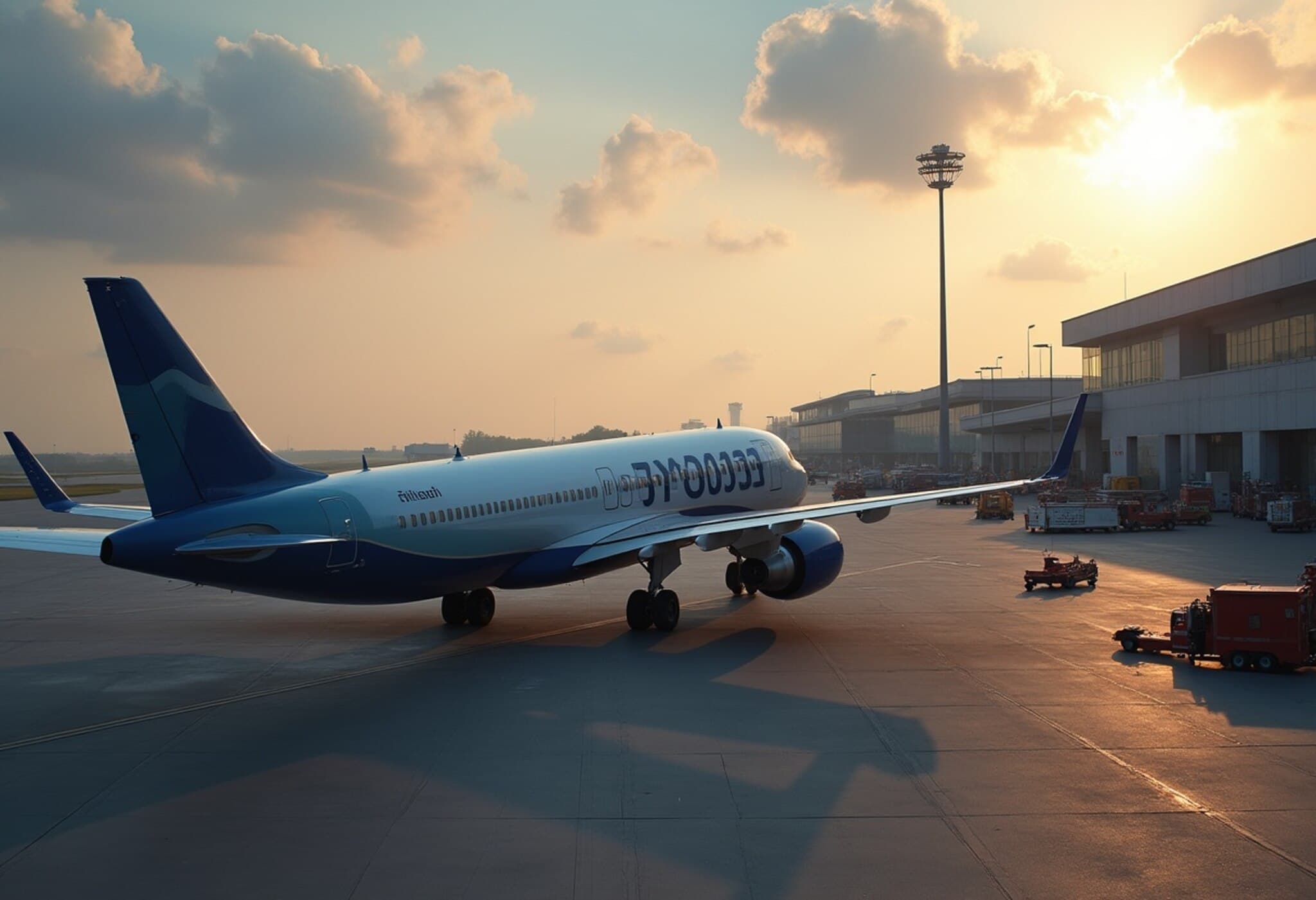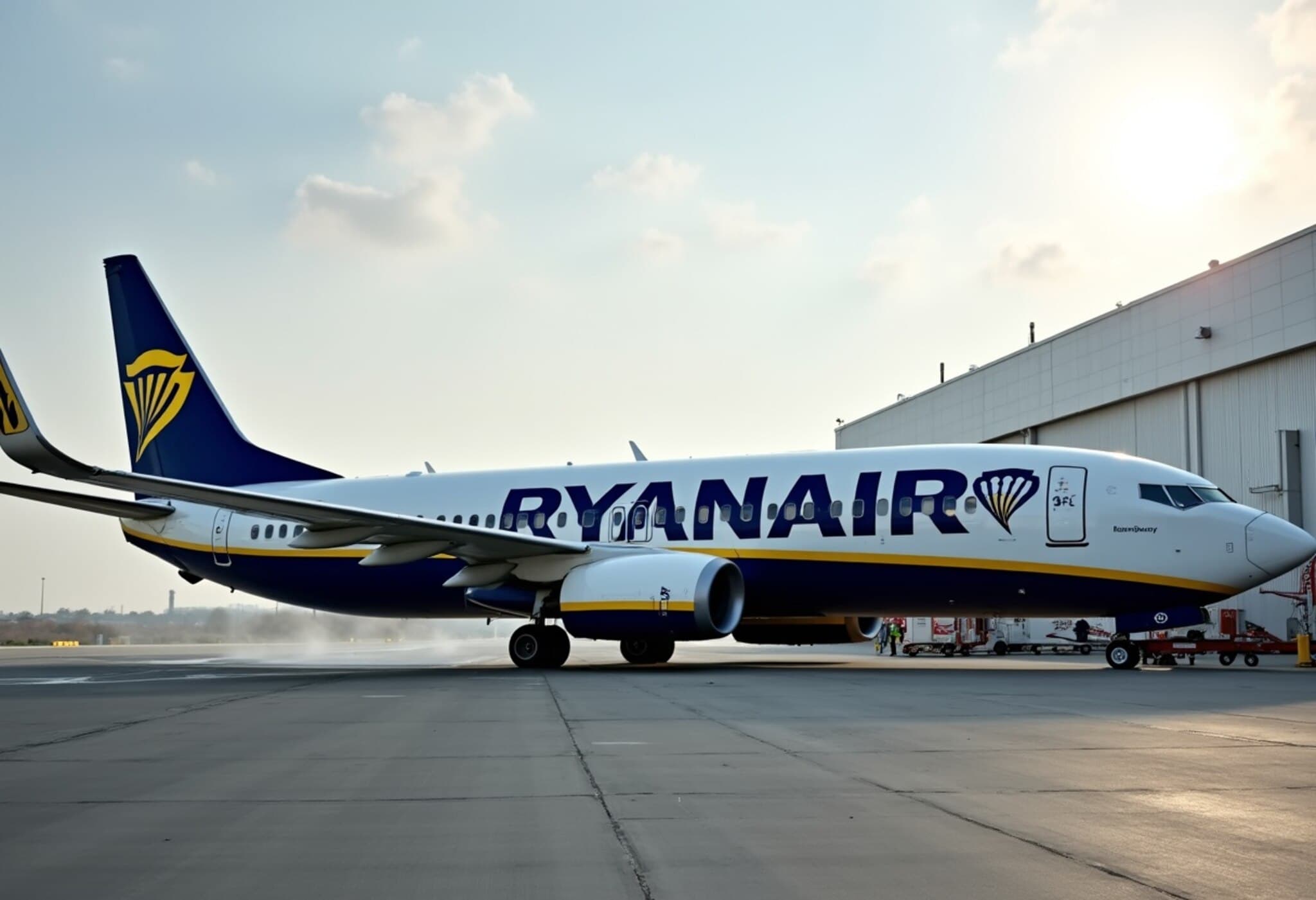Airlines Halt Middle East Flights Amid Rising Tensions
In the wake of recent U.S. military strikes targeting Iran, airlines around the globe have scrambled to adjust their schedules, suspending numerous flights to the Middle East. This rapid response reflects the escalating security concerns in a region that serves as a crucial air corridor linking Europe and Asia.
Flight Suspensions and Route Changes Take Effect
One of Asia’s leading carriers announced on Sunday that it was canceling flights between Singapore and Dubai, describing the situation as "fluid" amid heightened uncertainty. This disruption affects key routes that have grown more significant since the closure of Russian and Ukrainian airspace due to ongoing conflict.
Flight tracking data revealed unusually empty skies over Iran, Iraq, Syria, and Israel, underscoring the broad impact on air traffic. Major airlines including British Airways suspended flights to and from Dubai, Riyadh, and Doha, with statements indicating ongoing assessments of the volatile environment.
Safety Risks Loom Over Conflict Zones
Continuous missile and drone strikes in these areas pose significant hazards to commercial aviation. Monitoring groups like Safe Airspace, operated by OPSGROUP, have issued warnings that recent U.S. attacks on Iran’s nuclear installations could heighten risks for American airlines operating nearby.
Prior to the strikes, airlines such as Qatar Airways and United Airlines had already halted flights to Middle Eastern hubs like Doha and Dubai, respectively, signaling pre-emptive caution. The evolving situation demands constant vigilance as threats persist.
Economic Ripples and Rising Costs
Beyond safety concerns, the strikes have raised alarms about potential spikes in global oil prices, which would naturally drive up jet fuel costs and impact airline operating budgets worldwide. Such financial implications add another layer of complexity to navigating the crisis.
Israel Ramps Up Rescue Operations
Meanwhile, Israel's Airports Authority is stepping up efforts to assist stranded travelers. "Rescue flights" are set to increase to 24 daily, albeit with passenger limits capped at 50 per flight to ensure swift processing and safety. The national carrier, El Al, reported receiving around 25,000 exit applications within roughly 24 hours, highlighting significant public demand to leave amid the turmoil.
The rapidly shifting landscape continues to challenge airlines and travelers alike, with safety and operational concerns at the forefront.


















